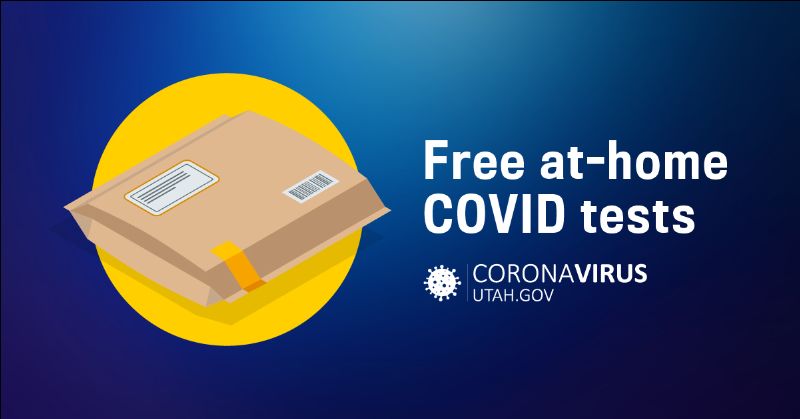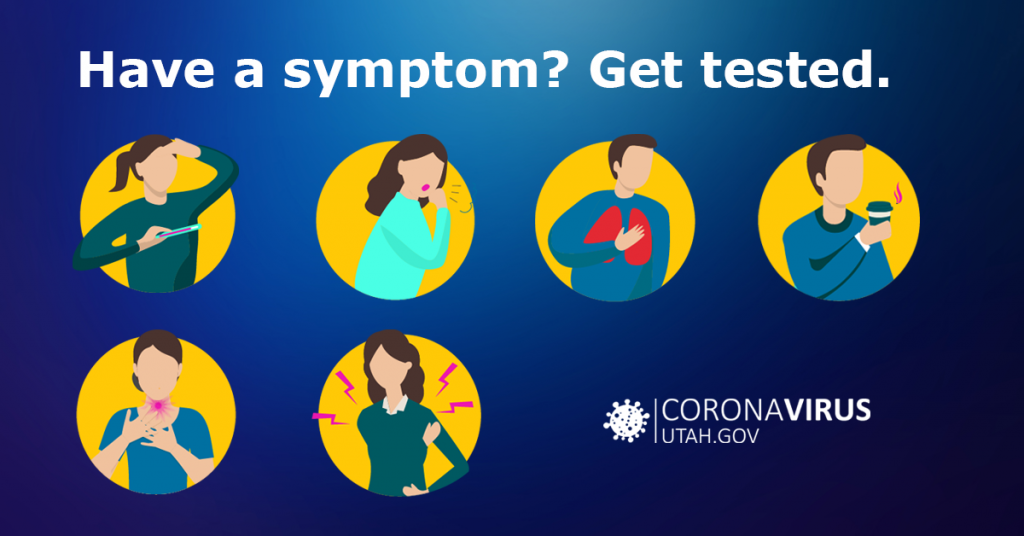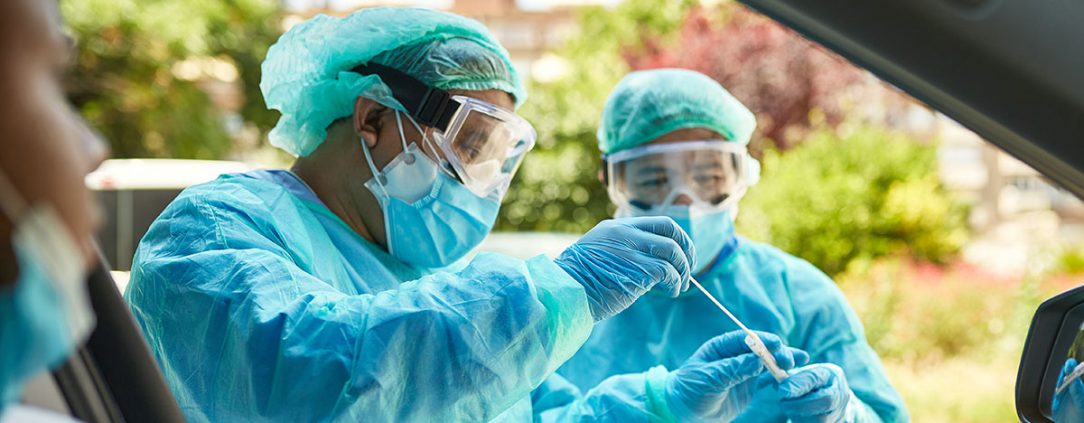Learn what’s changing about COVID-19 testing as we transition to a long-term pandemic response
As demand at COVID-19 testing sites declines across the state and as the Utah Department of Health (UDOH) prepares to transition to a more long-term, sustainable response to the pandemic, the UDOH has closed several COVID-19 testing locations.
Closures will occur over the next six weeks as the UDOH transitions COVID-19 testing away from mass community sites to a model where most testing is conducted by health care providers, private testing providers, or at-home testing.
“We’ve closely monitored testing demand throughout the pandemic, and especially over the past several weeks. Many locations that used to test thousands of people a day are now testing fewer than 100,” says Nate Checketts, executive director of the Utah Department of Health. “We have worked to ensure other testing options are available in the vicinity of each site we are closing. Additionally, contracts with testing partners will remain in place, which provides us with the ability to re-open sites if the situation warrants.”

How to get tested
Please visit https://coronavirus.utah.gov/utah-covid-19-testing-locations/ to find a testing location near you. At-home test kits are also readily available for private purchase at local pharmacies or online. Most individuals covered by private health insurance are able to get at-home test kits covered by their health plan. In addition, the federal government will ship four free test kits to every household in America. To order your kits visit https://covidtests.gov.

Testing is still important
Testing is still an important tool for many Utahns who may benefit from treatments. Those who should continue to get tested include:
- Those with significant underlying conditions. Getting tested gives these people who test positive a chance to be considered for treatments like monoclonal antibodies or antiviral pills. Learn more at https://coronavirus.utah.gov/treatments or talk to your doctor.
- If you’re going to visit someone who is vulnerable (for example people over 75 years, immunocompromised, receiving immunosuppressive medication)
- If you’ve been sick but are getting better and want to confirm you are negative
- If you’re traveling somewhere that requires a negative test
- Elderly
- Those who work with vulnerable populations:
- Healthcare workers
- Long-term care facility employees
- People who live or work in congregate settings including prisons and homeless shelters
If you feel sick but choose not to get tested, assume you have COVID and follow isolation guidelines.
Event, employer, and travel testing
State-operated testing sites will no longer provide testing for people who need a test to attend events, or for people who need regular testing for their work. Anyone who needs testing for these reasons should visit https://coronavirus.utah.gov/utah-covid-19-testing-locations/ and search for non-state sponsored testing locations (see screenshot below) or work directly with the event or their employer to identify other testing options.

Testing is still available for travelers at many testing sites listed on https://coronavirus.utah.gov/utah-covid-19-testing-locations/. Not all sites offer every type of test, so it’s important for travelers to know what the requirements are for their specific destination. For information on travel requirements by destination visit the CDC website at https://www.cdc.gov/coronavirus/2019-ncov/travelers/index.html.

